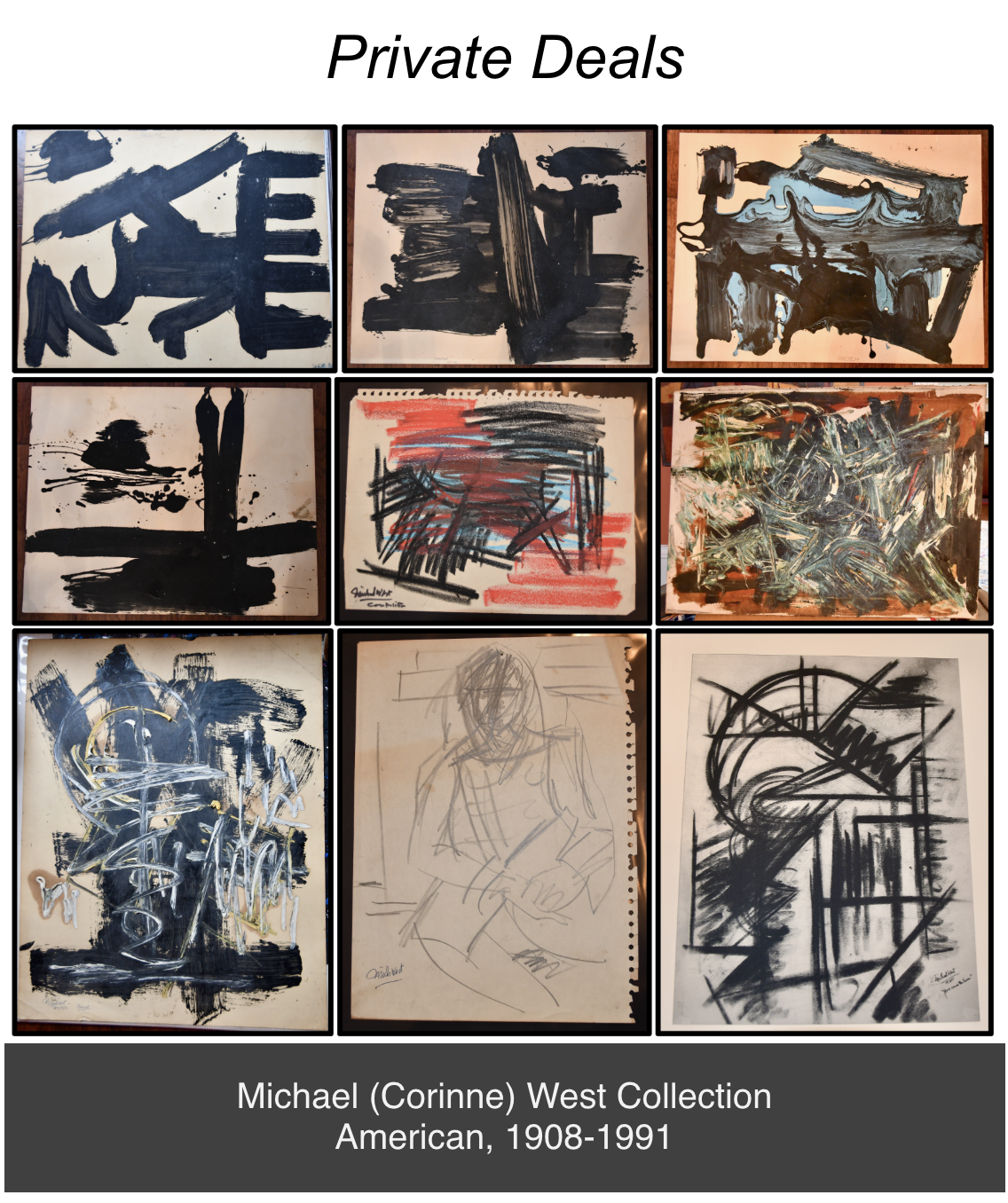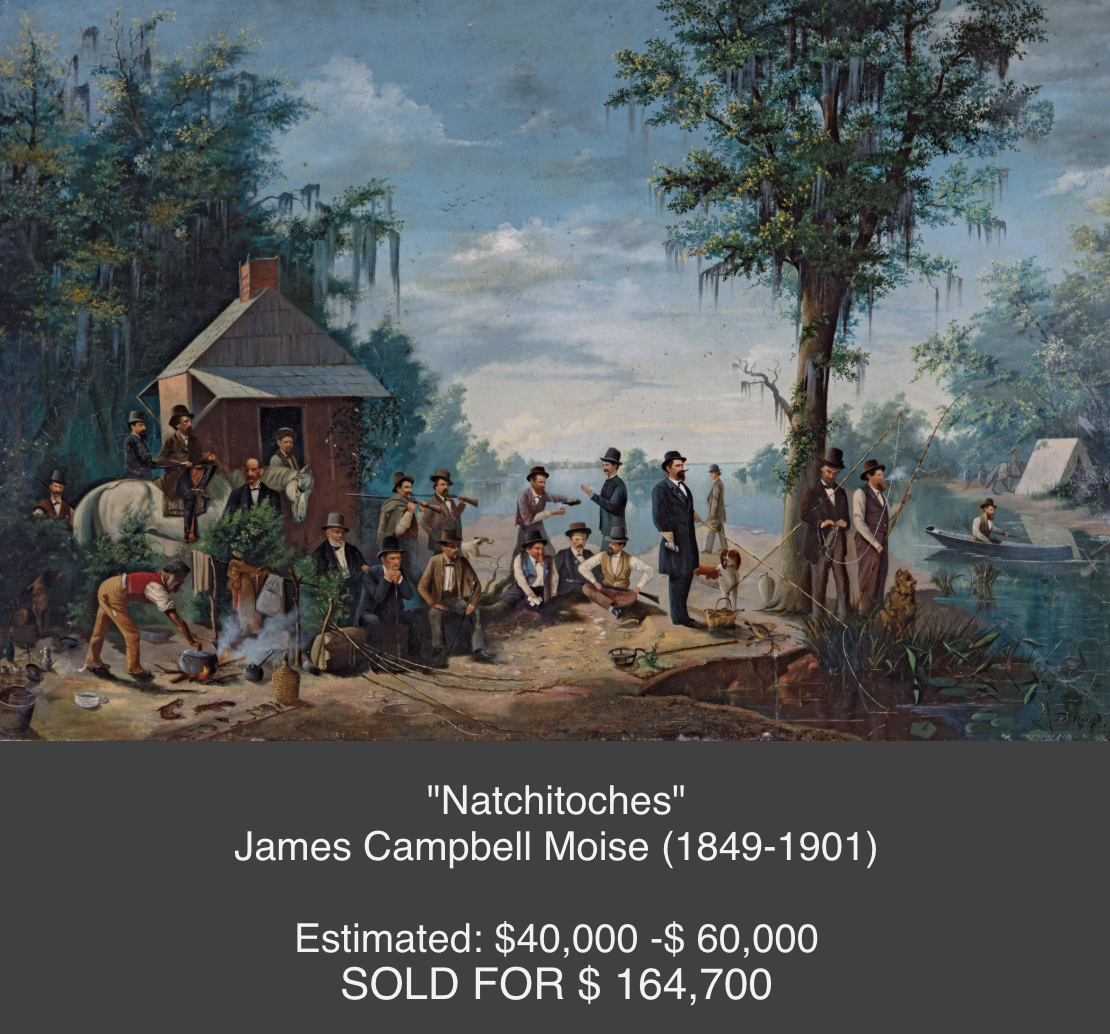Earlier, we posted Part one of this blog with the first six questions to ask when choosing an appraiser. Here are the final six questions with their explanations!
As explained in Part I, there are many reasons you might need an appraisal of personal property. But where to begin? And how do you know you have the right person to help you? There is no national licensure requirement for personal property appraisers. Levels of expertise and years of training vary widely. So, you simply must ask the right questions in order to find the best person to fit your needs. Here is the rest of the list with the final six questions that will make choosing the right person a breeze.
· I’ve got a client with a full house of various items. Can you handle that? How?
· How long have you been in business?
· May I get a copy of your resume/CV?
· What locations/cities do you serve? Are you available for travel?
· How do you charge for services? What will be the charge for services?
· What are my expectations for your services? Walk me through the process….
I’ve got a client with a full house of various items. Can you handle that? How?
As stated above, most well-trained appraisers stick to their area of expertise. But what if you or your client have a whole house of personal property, with various types of goods and levels of quality? Should you have to call around and hunt up lots of different appraisers? The simple answer is, no. Experienced appraisers are used to working in teams. As you are interviewing for the appraisal job you have, tell each appraiser the type of job you have. Let them help problem solve to get the job done efficiently. At Signet Art, our goal is to help our clients get their need handled. Appraisal of an entire estate? No problem. We have colleagues who specialize in just about any type of item found in a home. We have worked as team lead on such appraisals and have also worked as a team member. We will be happy to organize a team to get every type of item appraised and include all within the same report. We will work with only the best-trained. The qualifications of any proposed team member can be discussed with you in advance. Their Professional Profiles will be include along with my own in the appraisal report.
How long have you been in business?
This is an important question. You want to know that the person you choose is a solid business person, with years of experience under their belt.
May I get a copy of your resume/CV?
Absolutely! Please peruse it and ask any questions on your mind. Compare with other potential candidates. If someone you speak to waivers at all on this question, best to move on.
What locations/cities do you serve? Are you available for travel?
Most appraisers generally serve a given geographic area for most of their work. Within that geographic area, charging for travel time is rare. But outside the normal area of service, there may be travel charges. At Signet Art, we serve all of the north Texas metroplex, Dallas, Fort Worth and surrounding communities. We also regularly get called to some fairly far-flung areas. I am happy to travel for inspections wherever the art is. Many times, there are no well-trained appraisers in a given geographic region. Other times, our clients own more than one home and need appraisals at each location. Such appraisals are better done at the same level of expertise. Out-of-pocket expenses for travel do apply. We do our best to keep travel costs at a minimum and provide documentation for out-of-pocket expenditures. When the importance of the collection warrants, much is to be gained by hiring the best trained appraiser.
How do you charge for services? What will be the charge for services?
Good appraisers are (or should be) independent business owners, not the employee of a gallery that sold you the art or an auction house that is culling for items to sell in the future. Such independence insures unprejudiced valuations. Most appraisers charge an hourly fee for onsite inspection, research and report writing time. Some do charge for travel time on all projects but most do not have such charges in their local service area. Although it is not considered unethical, charging a flat-fee per piece is uncommon. Charging a percentage of the valuation amount based on the outcome is a clear violation of USPAP rules and is unethical. So, avoid anyone who is paid in that way. It is considered a violation of ethics for individual appraisers to openly discuss their hourly fees with one another since that might lead to a form of price-fixing. However, you will likely find a similar per-hour range if you interview several appraisers in a given area. Normally, the hourly fees for those with the most experience will be slightly higher than less-experienced colleagues. The lower rates for less experienced appraisers are meant to entice potential clients with a lower hourly rate. Does this mean that the overall cost of the appraisal will be lower with a less experienced appraiser? Not at all! The scope of a project depends not only on the number of items involved but the level of research and level of due diligence required. One appraiser might allocate two hours to a particular task while it takes another half that time. The final invoice from a less experienced appraiser might be well above that of a more experienced colleague whose hourly rate is slightly higher.
So what is the best solution for you, a potential client? Well-trained appraisers do not normally have the time to come out and look over a potential project in order to give a bid on the work. Our desks are already full of paid work that needs to be completed on time for current clients. We are happy to discuss our hourly rates with a potential client. However, unless we can be very certain of the scope of a given project, we are unable to estimate the final cost of the appraisal. Since no one likes open-ended invoices, I am happy to quote an expected range of hours for project completion once the onsite inspection is complete. I will discuss with you the number and type of pieces included in the appraisal and give an ‘x-y’ range of hours for completion of the project. Our hours will not exceed that onsite quote unless there is some unforeseen expansion of the scope of the project.
What are my expectations for your services? Walk me through the process….
The appraisal process starts with you choosing us for the job. The phone interview allows you to get all your questions answered and for the Signet Art team to get the basic information we need in order to understand your appraisal need. We will establish your intended use for the appraisal, the person/s to whom the appraisal will be written, location/s of the items to be appraised, etc. While on the phone, we will establish whether we will need to draw up a contract or not. Our larger projects are often done under contract. However, we do have some clients who prefer working on a verbal/ handshake agreement. If the project is small enough and both parties are amenable, we work that way. We have the luxury of choosing the highest quality clients and assume we are being chosen for our excellent reputation. So, contract or not, we will have an understanding with our clients by the end of this phone conversation. Onsite time is scheduled at a mutually convenient time, taking into account your best estimate of the number of items to be appraised. The inspection time will start with a brief walk-through in order to familiarize me with the location of items and give you a chance to ask any questions that have come to mind. Once the walk-through is complete, I will start my onsite inspection. You are free to go about your tasks. I do request that if you do have a file containing receipt and other salient information about the items, please have that available for inspection. I bring an iPad and can take quick images of any information that would be helpful during the valuation process. When finished with the inspection, I will let you know how many items I documented and will give you an estimate for completing the appraisal. I will also be able to let you know when to expect delivery of the report. Normal turn-around time is 2-3 weeks. But that can vary based on the number of appraisals on my desk and other factors.
Wrapping up…
In choosing an appraiser, you want to have confidence that the person is fully capable to appraise the type of pieces you need appraised. You also want to be comfortable working with the person. So, ask yourself, did I get my questions adequately answered? If I choose this person to work with, am I confident of their skills and professionalism? Visit the appraiser’s website to familiarize yourself with their business, the way they present themselves. Ultimately, if you ask the right questions, you will find the person best suited to you and your appraisal need.









